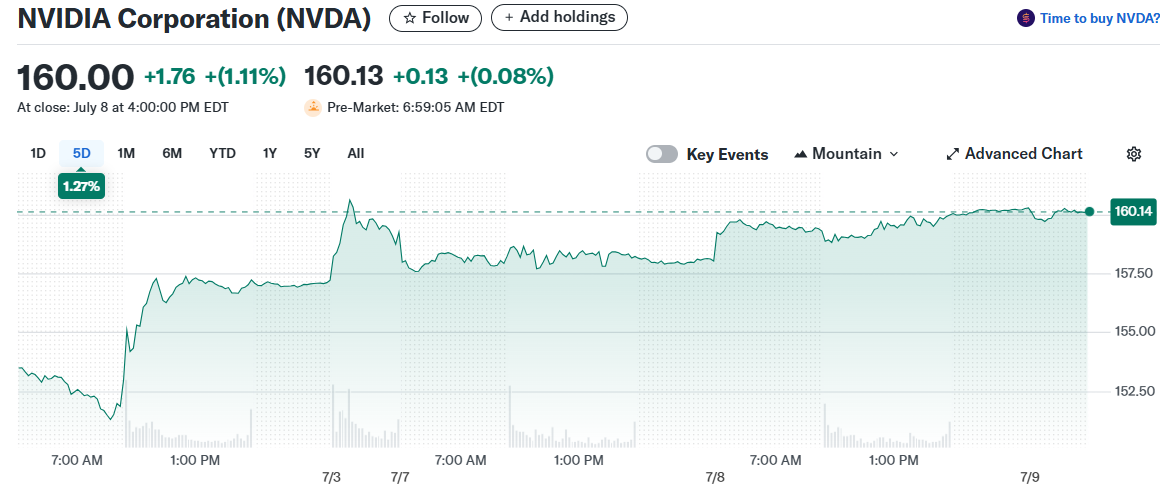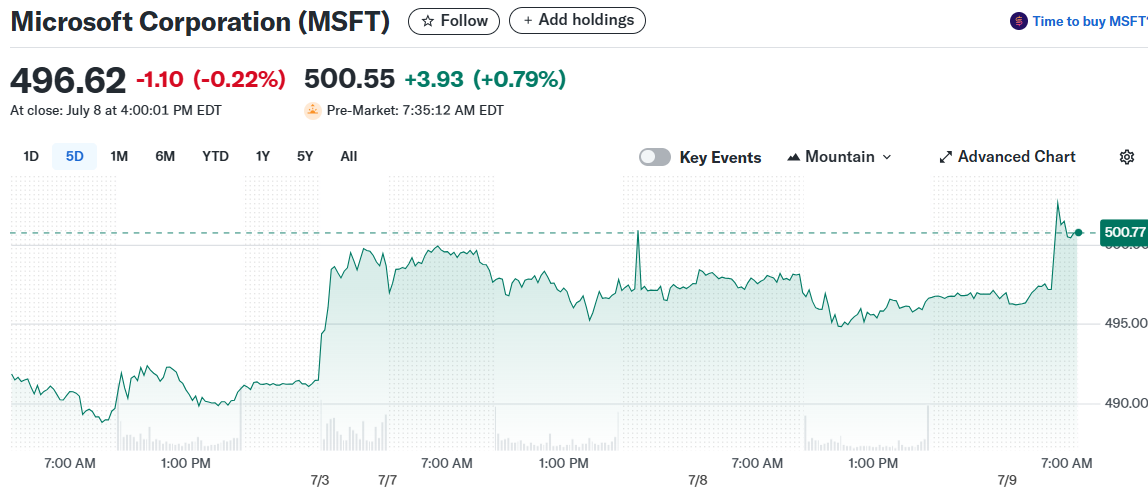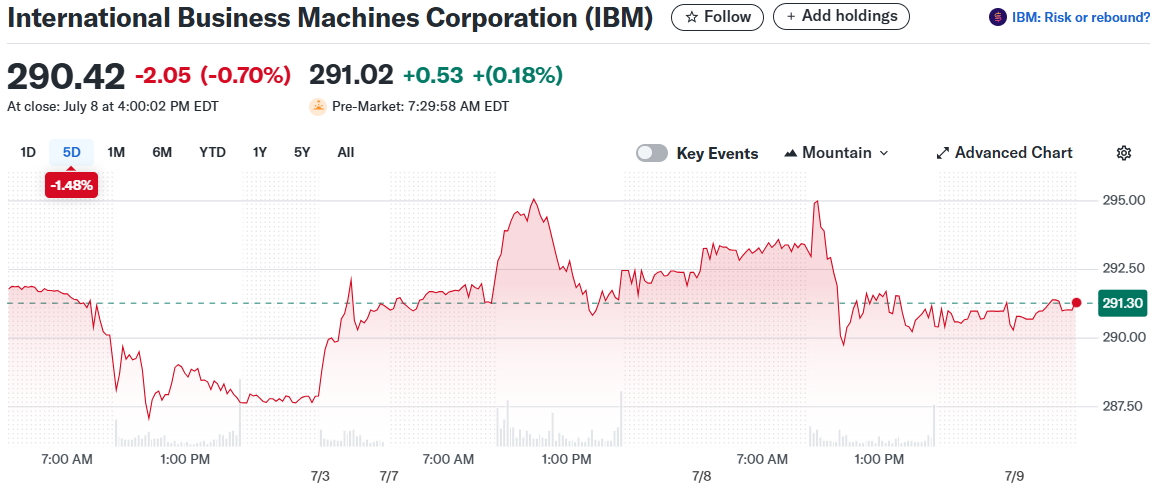TLDR
- Nvidia develops quantum-accelerated computing that combines quantum and classical systems using its CUDA-Q platform
- Microsoft announced Majorana 1, the world’s first quantum processing unit powered by topological technology
- IBM has deployed 13 utility-scale quantum computers and approaches $1 billion in quantum bookings
- McKinsey estimates quantum technology market could reach $100 billion by 2035 and double to $200 billion by 2040
- All three companies leverage existing AI infrastructure and customer bases to enter quantum computing
Three major artificial intelligence companies are positioning themselves to lead the quantum computing revolution as the technology moves toward commercial viability. Nvidia, Microsoft, and IBM are each taking different approaches to capture market share in what could become a $200 billion industry by 2040.
Quantum computing remains in early development stages but offers the potential for exponentially better performance than today’s supercomputers. The technology requires immense computing power, making it a natural pairing with artificial intelligence systems.
Research by McKinsey & Company projects the broader quantum technology market, including quantum computing, communication, and sensing, could reach nearly $100 billion by 2035. The firm expects this figure to double to almost $200 billion by 2040.
Nvidia has taken a hybrid approach to quantum computing through its quantum-accelerated computing technology. The company combines quantum and classical computer systems rather than pursuing pure quantum solutions.

The chip maker uses its CUDA-Q programming platform to integrate these components. This allows developers to build and utilize accelerated quantum systems for real-world applications.
Nvidia’s Hybrid Strategy
Nvidia’s strategy mirrors its approach to AI accelerator chips. The company leverages its expertise in graphics processing units and its popular CUDA programming platform to enter new markets.
Current quantum computers face stability issues and have limited practical use outside scientific research. Nvidia’s hybrid approach potentially offers a faster path to market and monetization.
The company’s ongoing AI momentum provides investors with exposure to quantum computing opportunities. Nvidia’s experience in high-end computing applications positions it well for this emerging market.
Microsoft’s Topological Breakthrough
Microsoft announced Majorana 1 earlier this year, marking the world’s first quantum processing unit powered by a topological core. The system utilizes an entirely new state of matter that is neither solid, liquid, nor gas.

The technology is designed to scale up to one million qubits on a single chip. Microsoft’s Azure cloud platform, the world’s second-largest cloud infrastructure, provides direct pathways to sell quantum technology.
Millions of customers worldwide already use Microsoft’s products and services. The company’s diverse portfolio and financial strength reduce investment risk for those seeking quantum computing exposure.
Microsoft maintains a $3.7 trillion market cap and has paid and raised dividends for 23 consecutive years. The company’s established customer base and distribution channels provide advantages in quantum market entry.
IBM has deployed 13 utility-scale quantum computers and is approaching $1 billion in cumulative bookings for quantum computing. The company’s Heron R2 quantum system achieves high qubit performance while operating at low error rates.

The technology giant has developed Qiskit, a developer platform for building quantum software similar to Nvidia’s CUDA-Q. IBM claims Qiskit has nearly 5,000 projects, giving it a wide lead in developer support.
IBM offers a 2.3% dividend yield with a healthy payout ratio at current share prices. The company has begun growing again after transitioning away from some legacy offerings.






